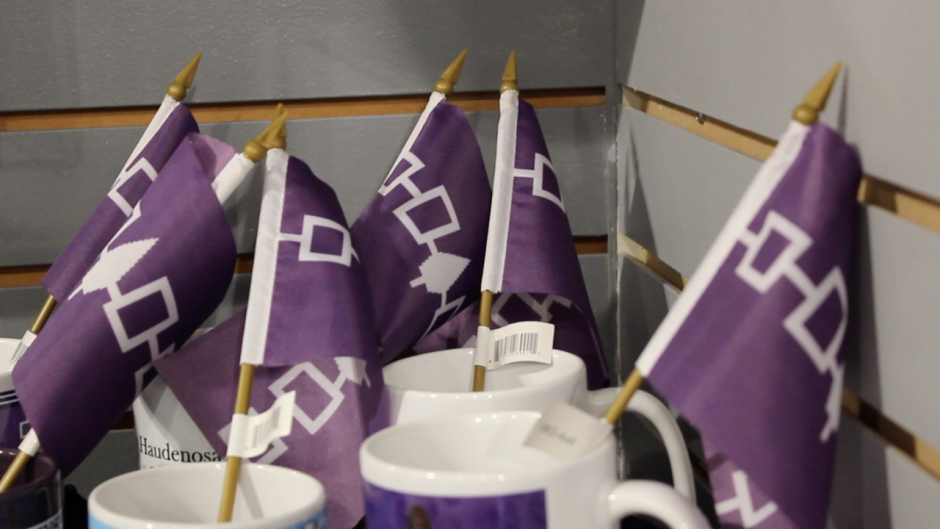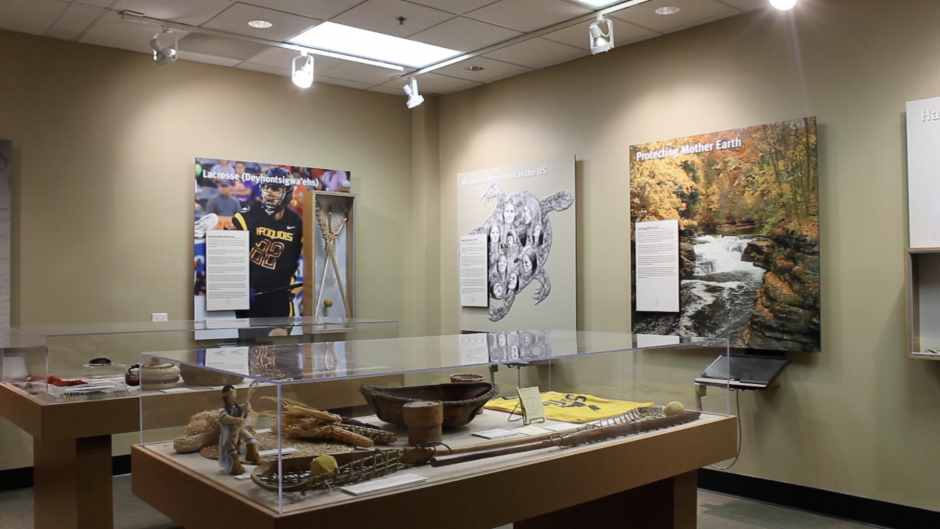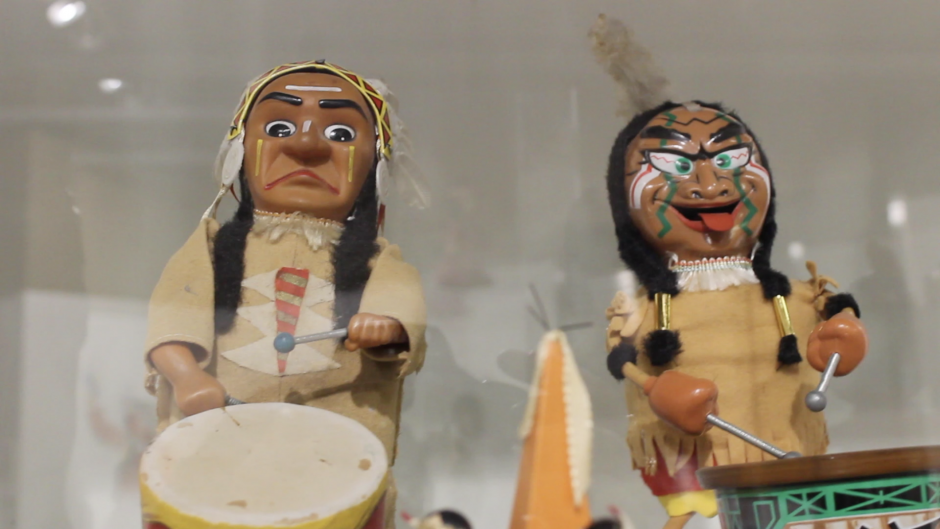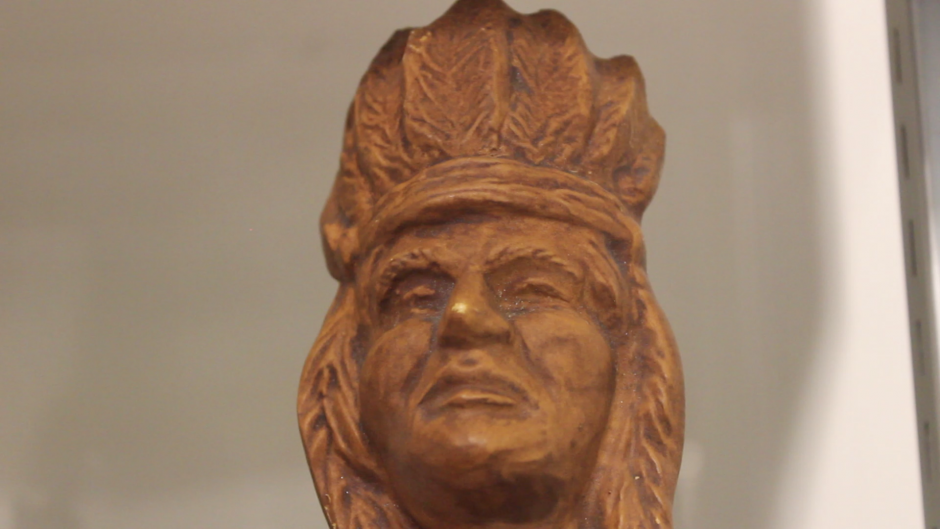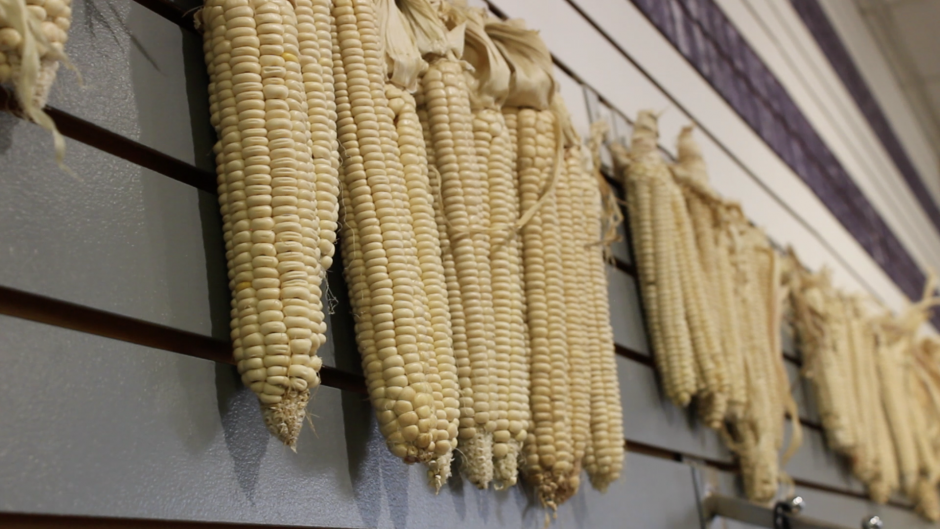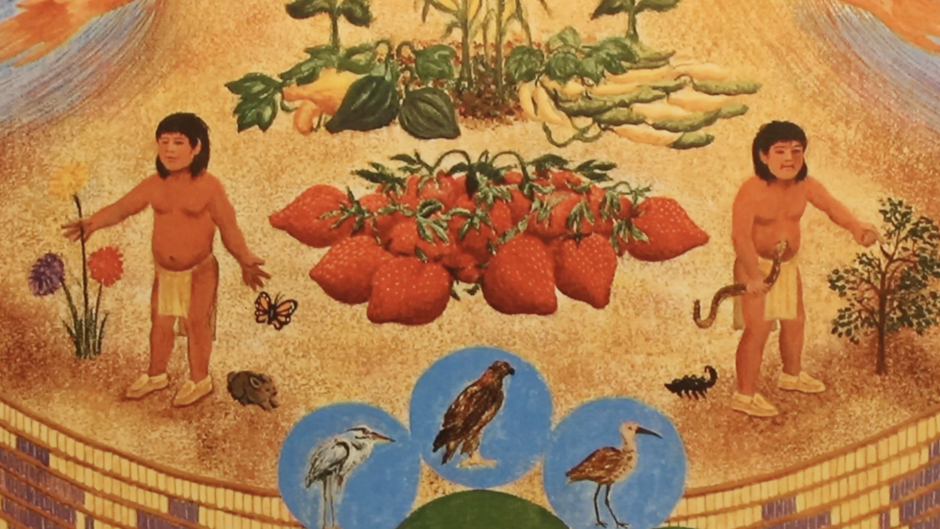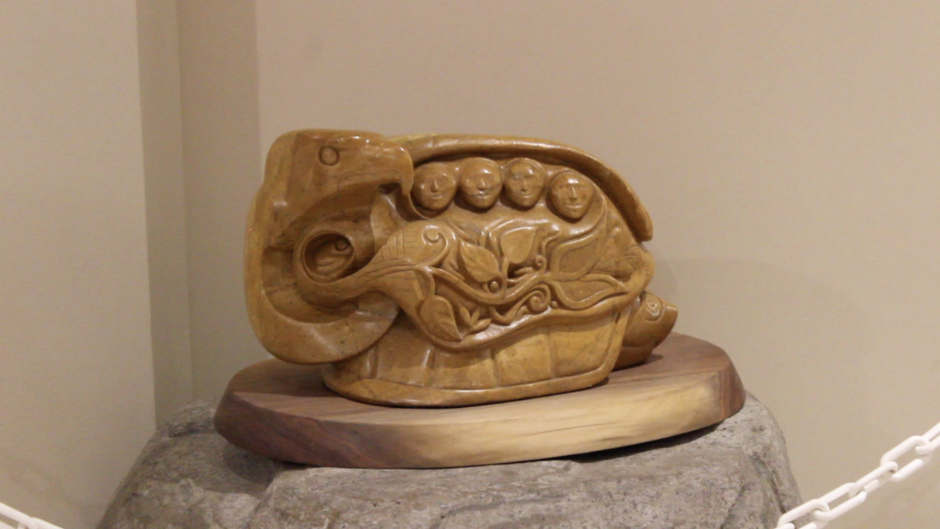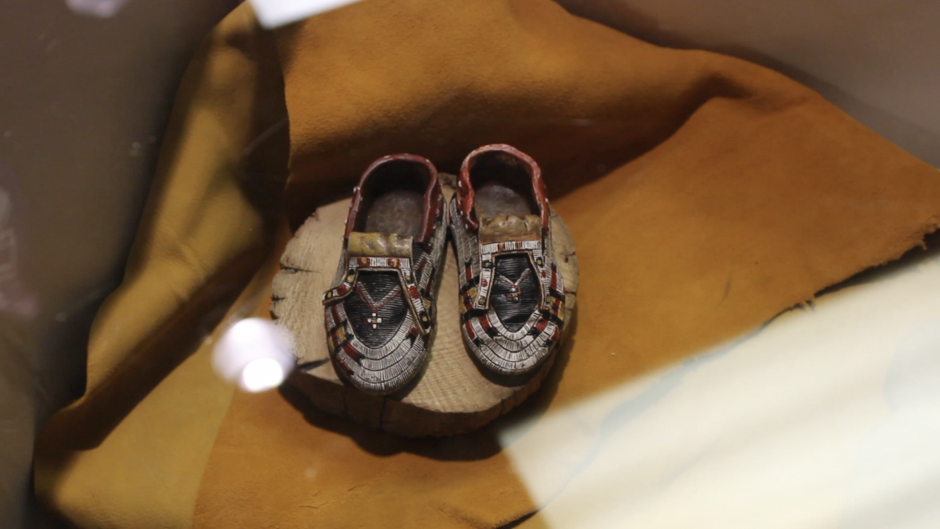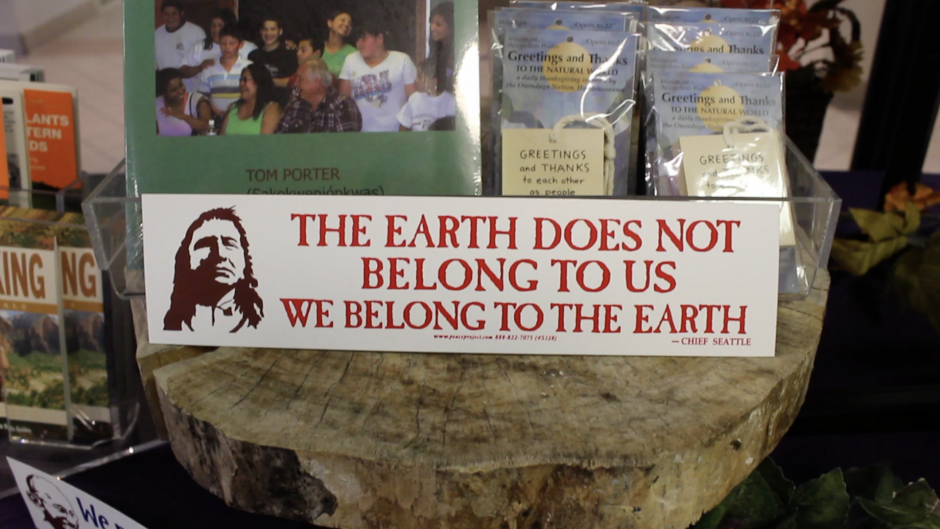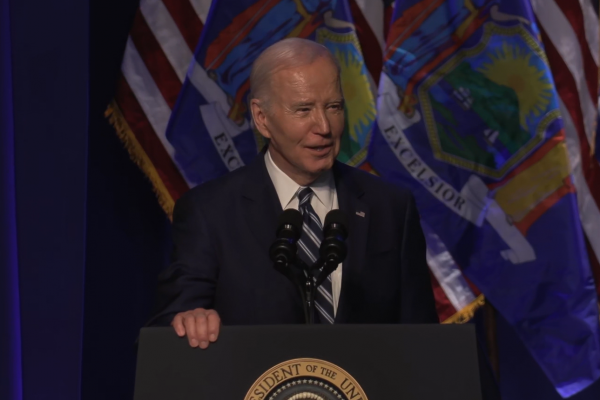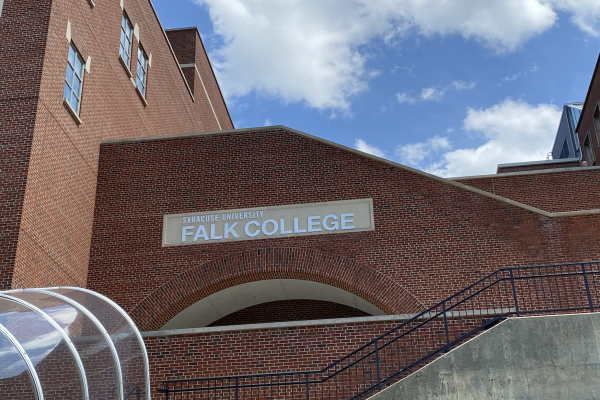By Maya Pow SYRACUSE, N.Y. (NCC News)- New York state purchased Syracuse land from the Onondaga Nation which violated the Indian Trade Intercourse Act of 1790; it states all interactions between Indians and non-Indians are under federal control. So since the federal government did not buy the land, Syracuse’s land was stolen by the state. While that was around 200 years ago, the Indigenous community is still fighting to reclaim their land to this day.
Kateleen Ellis is Mohawk from Akwesasne and is currently a senior at Syracuse University. She is heavily involved in the Indigenous Students Association Program and believes everyone on and off-campus should know the background behind Syracuse’s land.
“It’s super important that people learn the relationship between Indigenous people, the land and know that because they walk on it,” said Ellis.
Syracuse University Ombuds Neal Powless of Onondaga Nation says he believes it’s important for everyone to educate themselves on the topic because the same situation could happen to any other shared ethnicity.
“Look at how indigenous people’s lands and rights and opportunities have been taken away and assume that if you’re okay with the government doing it on those individuals, then someday they may do it to you,” said Powless.
While it’s established that it’s important to be knowledgeable on Syracuse’s history, many like SU junior Olivia Kienzle are not sure what next steps to take after researching the past.
” I wish I knew more about the history and how to better support the Native community here, and that’s on me to educate myself,” said Kienzle. “I’ve always just assumed it had a similar story to this country in general, Indigenous people were stripped of their homes and their resources, and white colonizers did whatever they pleased with the stolen land.”
Skänoñh Great Law of Peace Center employee Tina Thomas of the Onondaga Nation and Eel Clan offers a very simple way to support the Indigenous community.
“Start saying hi to your neighbors, remind people that Onondaga nation is still here, just the acknowledgment in everyday conversation,” said Thomas.
Thomas, Powless and Ellis also say showing alliance on social media, researching the history, watching educational videos and visiting exhibitions are ways to support the community.

